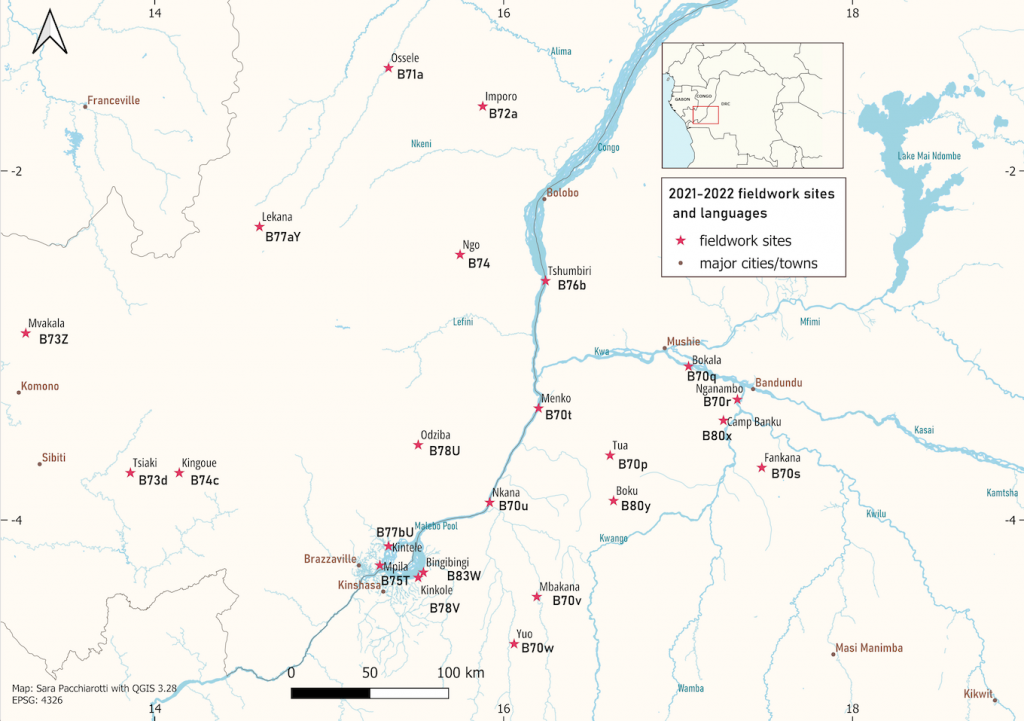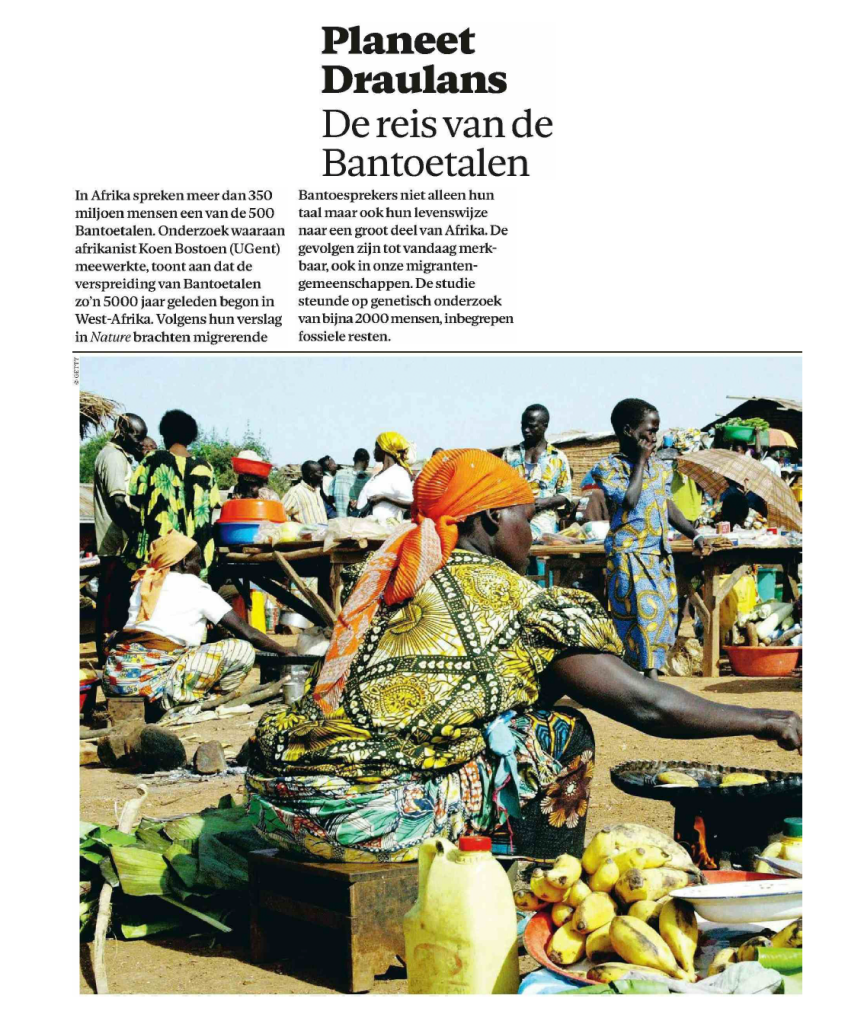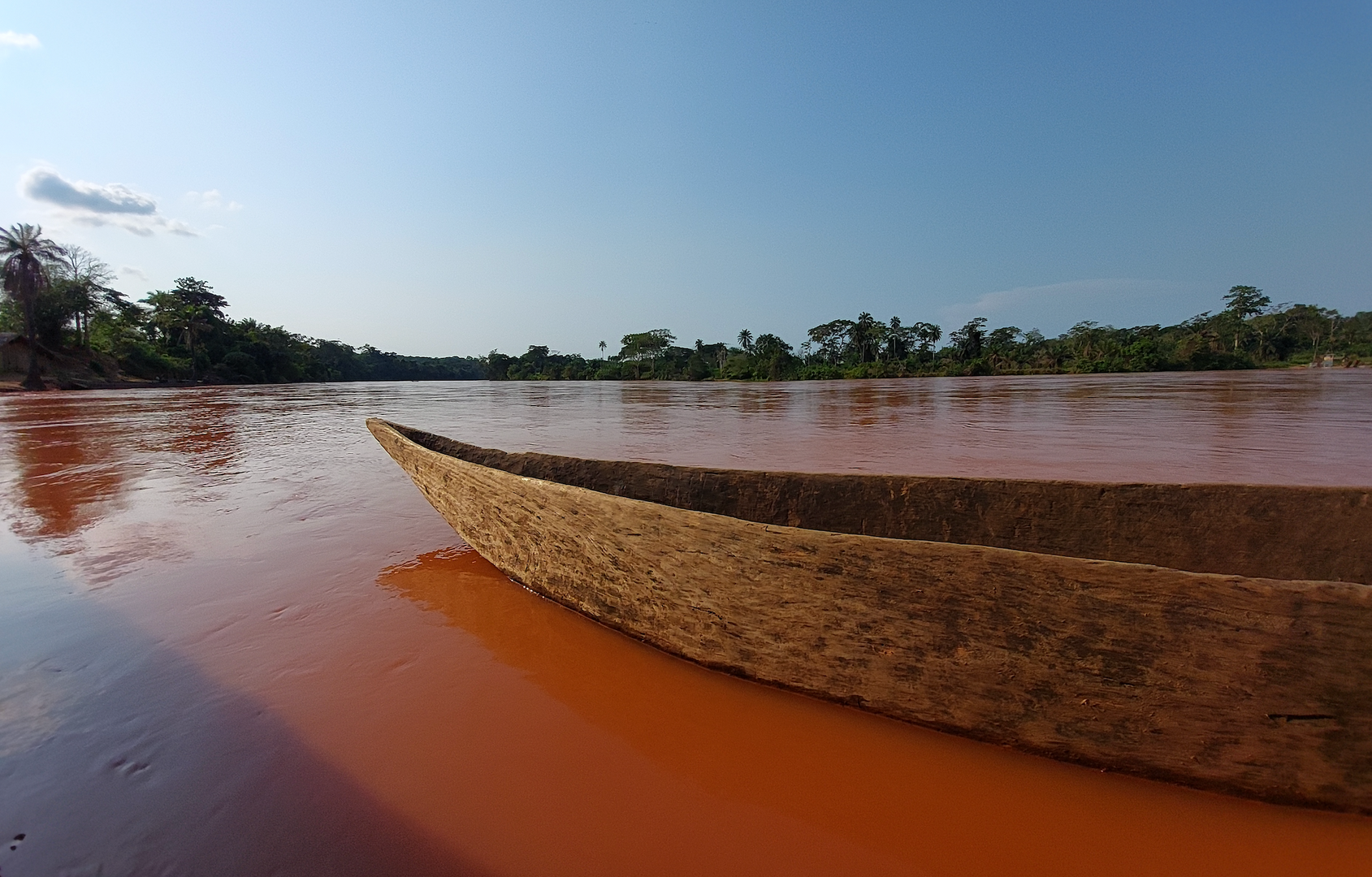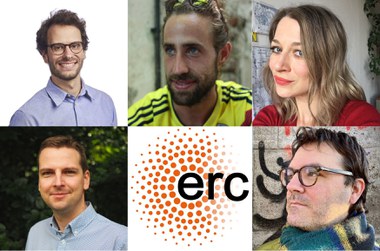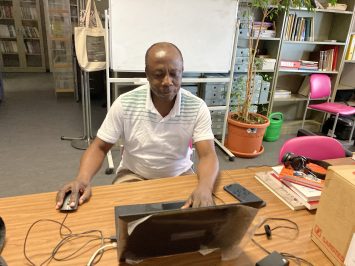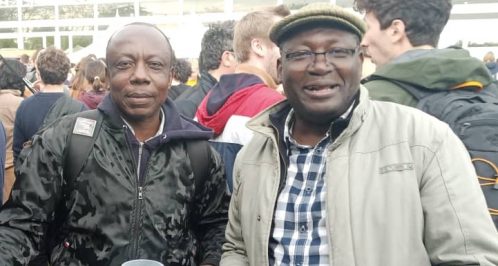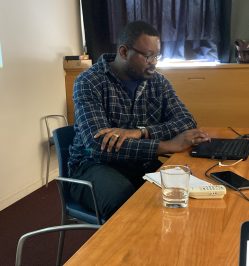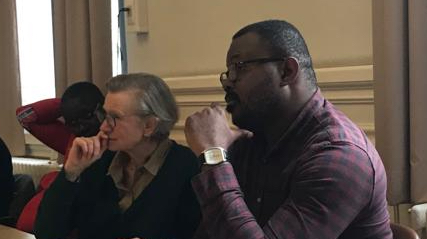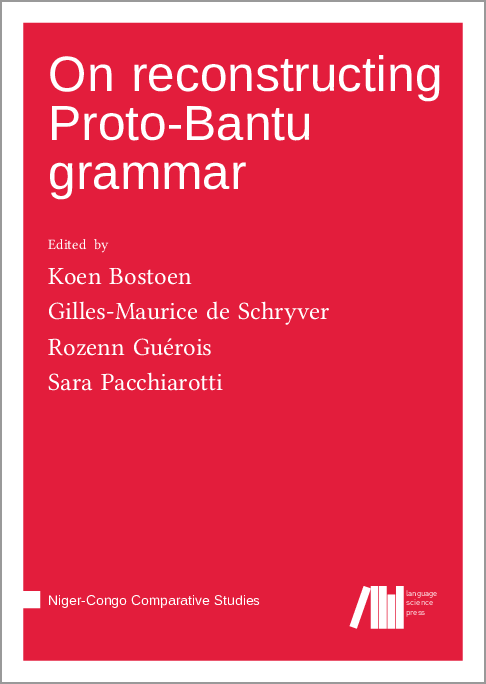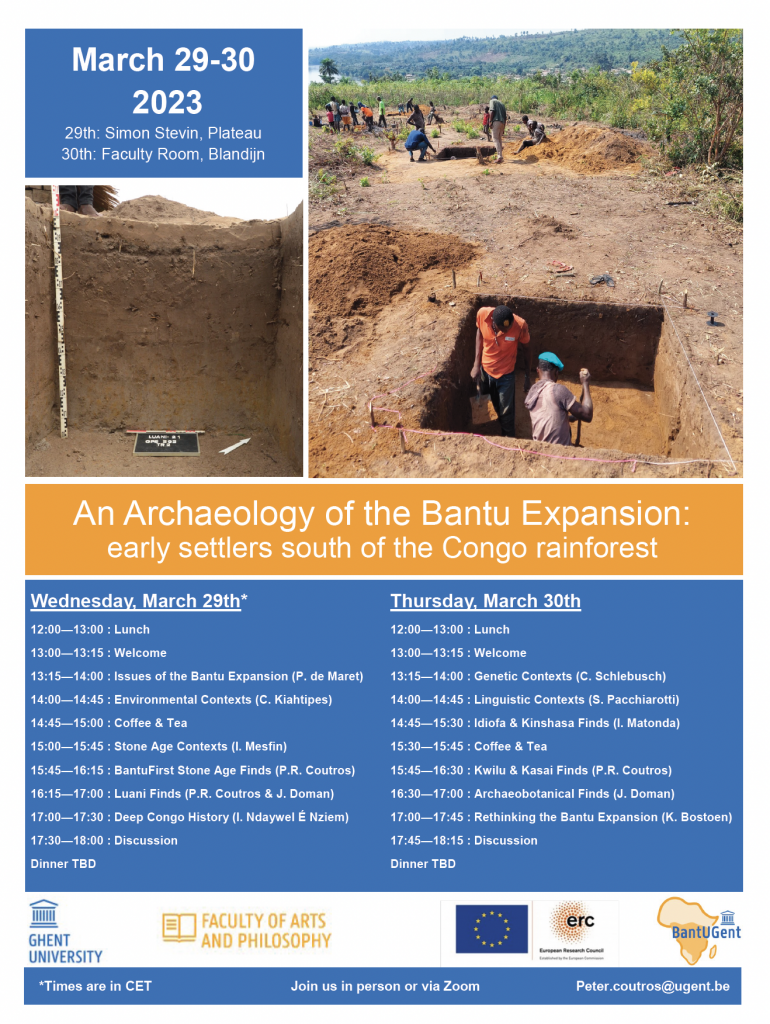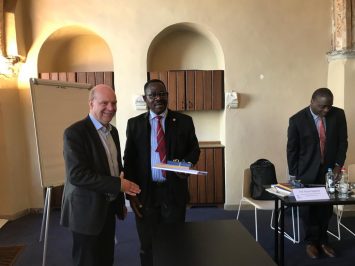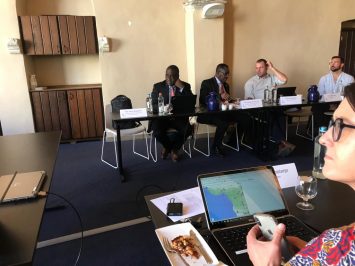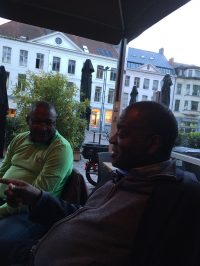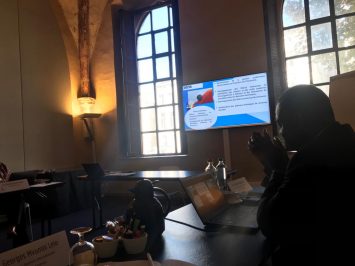Met zo’n vijfhonderd talen en meer dan 350 miljoen sprekers is Bantoe de grootste taalfamilie van Afrika. De verspreiding begon zes- tot vierduizend jaar geleden vanuit West-Afrika, en geldt als een van de belangrijkste demografische gebeurtenissen op het hele continent. Het culturele en biologische landschap is sindsdien drastisch veranderd.
In een nieuwe paper, die zopas verschenen is in het wetenschappelijke tijdschrift Nature, lichten onderzoekers toe hoe die verspreiding precies is gebeurd. Het team van wetenschappers – een interdisciplinaire groep van taalkundigen, genetici en biologen – achterhaalde dat de Bantoesprekers naar het oosten maar ook naar het zuiden van het continent trokken.
Regenwouden en savannes
Vooral die zuidwaartse trek is vrij uitzonderlijk. Meestal vestigen migrerende gemeenschappen zich in regio’s met een vergelijkbaar klimaat en milieu. Meerdere groepen Bantoesprekers uit West-Afrika deden dat niet: ze doorkruisten hoogland in Kameroen, regenwouden in Centraal-Afrika en savannes in het zuidwesten van het continent.
De onderzoekers stelden ook vast dat de Bantoegemeenschappen zich niet in één keer massaal verspreidden, maar dat de migratie veeleer in golven verliep. Het huidige Zambia en de Democratische Republiek Congo waren daarbij cruciaal: verschillende migratieroutes kwamen daar samen.
Het onderzoeksteam baseerde zich voor zijn bevindingen op genetische data van 1.763 individuen, waaronder 1.526 Bantoesprekers uit 147 verschillende talengemeenschappen in veertien Afrikaanse landen. Het analyseerde ook oud-DNA van twaalf individuen uit de late IJzertijd. Die gegevens werden verzameld door een groep van Gentse en Congolese onderzoekers.
Intensieve contacten
De onderzoekers ontdekten daarbij ook dat de migranten uit West-Afrika intensieve contacten aangingen met anderstalige bevolkingsgroepen die al in die regio’s leefden, zoals jagers-verzamelaars in het regenwoud van Congo en de Kalahariwoestijn. Tot die bevindingen waren de onderzoekers niet gekomen als ze uitsluitend naar taalgegevens hadden gekeken, stellen ze.
De genetische dataset waarop de studie is gebaseerd, kan in de toekomst een ander doel dienen, zegt klinisch bioloog Joris Delanghe (UGent), die meewerkte aan de studie. ‘Ze zal ook een voorname rol spelen in onderzoek naar gezondheidsproblemen waarmee verschillende regio’s in Congo geconfronteerd worden.’
Tot de Bantoetalen behoren onder meer het Lingala, Kiswahili en Kikongo. Die worden vandaag ook in België en elders in Europa veel gesproken.
Bron: Koen Bostoen, Universiteit Gent
Beeld: Peter Coutros, Universiteit Gent
